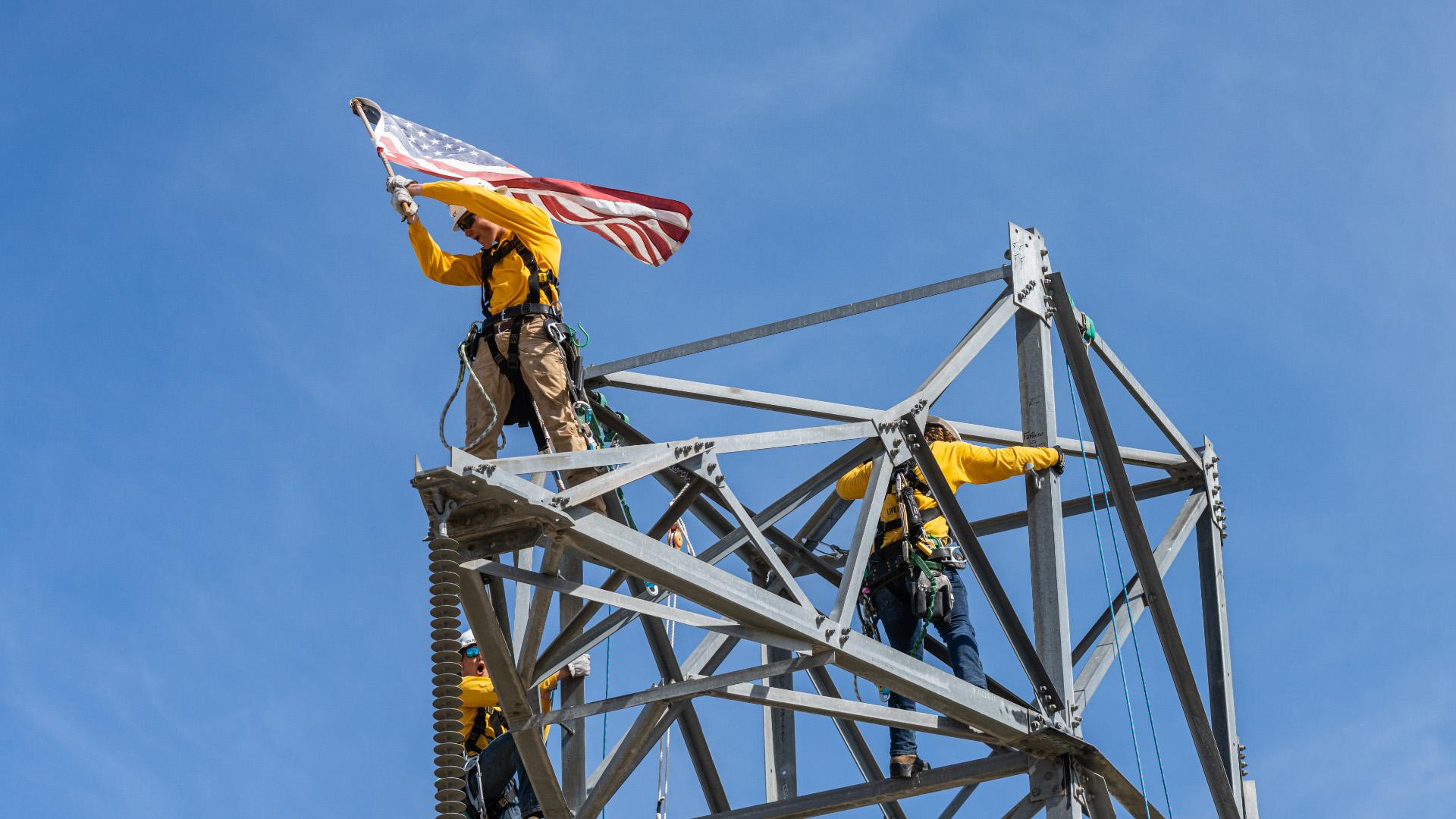November 12, 2019
Life After Service: Why Veterans Are Key to the Future of Skilled Labor in the U.S.
Veterans returning from active service to our country can face a myriad of challenges as they transition back into civilian life.
Change is stressful – moving, starting a new job, being around different people—the combination of all of these factors can feel overwhelming and oftentimes leads to a great deal of stress and anxiety. For veterans, the transition can be amplified; not only is a veteran’s life turned upside down in order to serve in the first place, the only way that service ends is through another massive change.
On top of the emotional challenges re-acclimating to civilian life presents, veterans also face a logistical challenge to which we can all relate: how will we provide for ourselves and our families? While U.S. unemployment is at a historic low (3.1% as of August 2019), careers are tougher to come by, especially without a bachelor’s or post-graduate degree. Finding one after returning from active duty can seem even more intimidating.
However, there is a different type of career that’s been largely ignored by today’s educational system. We tend to think the path to a good career travels through a traditional four-year university. This view neglects the large amount of skilled labor careers that are emerging in today’s technologically dependent economic environment. Now, more than ever before, careers in the infrastructure industry are in high demand, and while they require training, the schooling doesn’t take nearly as long. Plus, infrastructure skilled labor careers are more lucrative and include better benefits than nearly all entry-level positions in any field, regardless of education.
